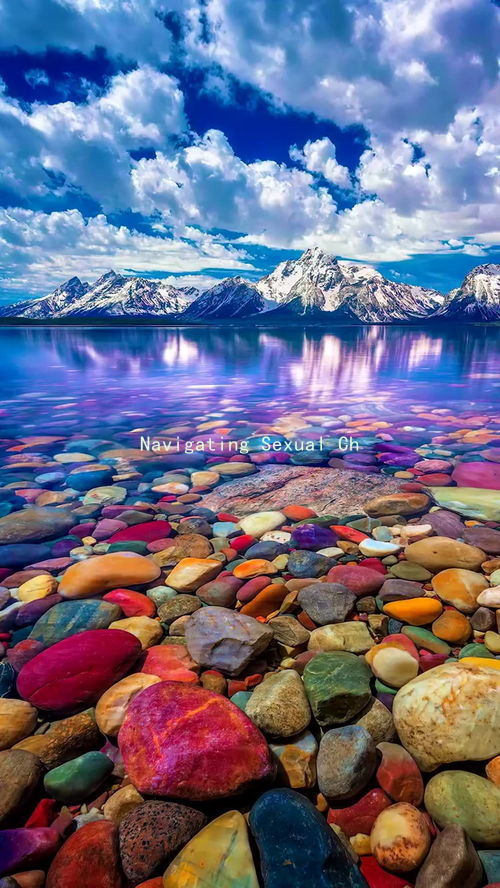Sexual Well-being in Contemporary Love: Future Educational Approaches
Sexual Well-being in Contemporary Love: Future Educational Approaches
In today’s rapidly evolving landscape of relationships, the conversation surrounding sexual well-being has taken center stage. With shifting cultural norms, increased access to information, and a greater emphasis on individual empowerment, it is crucial to consider how educational approaches can adapt to foster healthy attitudes towards sexuality in contemporary love contexts.
One of the primary challenges faced in current relationship dynamics is the pervasive misinformation about sex and intimacy. Many individuals enter relationships with preconceived notions influenced by societal standards, media portrayals, and personal experiences, often leading to unrealistic expectations. Educational systems must strive to provide comprehensive sexual education that goes beyond the biological aspects of reproduction to encompass emotional intelligence, consent, communication strategies, and the importance of mutual pleasure.
To this end, future educational programs should prioritize inclusivity and diversity. A one-size-fits-all curriculum can be alienating and ineffective, failing to address the unique needs of different sexual orientations, gender identities, and cultural backgrounds. By embracing a holistic approach that represents varied experiences, educational initiatives can foster a more informed and empathetic understanding of sexual well-being, empowering individuals to engage in healthier and more fulfilling relationships.

Furthermore, leveraging technology in sexual education can significantly enhance accessibility and engagement. Online platforms, interactive workshops, and virtual reality experiences can create safe spaces for people to explore their questions and anxieties about sexuality without the fear of judgment. This innovative approach allows for anonymity, encouraging open dialogue and dispelling taboos that often surround these subjects.
In addition to formal education, peer-led initiatives can play a valuable role in spreading knowledge about sexual well-being. Empowering young adults to become advocates and educators can create community-driven support systems that normalize discussions around intimacy and relationships. Programs that focus on mentorship and shared experiences can help break down barriers, fostering a culture of openness and continuous learning about love, respect, and sexual health.
Lastly, engaging parents and guardians in the conversation about sexual education is essential. Often, these conversations are shrouded in discomfort and misinformation, hindering honest dialogues between generations. Providing resources for caregivers can equip them with the tools to discuss sexual health and relationships with their children, ultimately creating a more supportive environment for learning and growth.
In conclusion, as society continues to redefine love and relationships, it is vital that our approach to sexual education evolves concurrently. By prioritizing comprehensive, inclusive, and accessible education, leveraging technology, promoting peer-led initiatives, and involving parents, we can cultivate a culture that prioritizes sexual well-being. Ultimately, equipping individuals with the knowledge and skills to navigate their relationships thoughtfully will lead to healthier, more fulfilling connections in the contemporary landscape of love.





